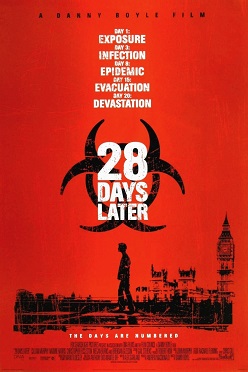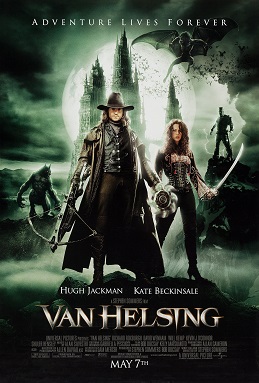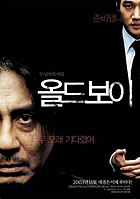Lists





5 Books
Horror Novels
Sort by:
Recent Desc
I mostly read horror
More lists by Stephen L



Virus/Infected
Films that involve infection, disease, or outbreaks of some sort of illness. Not Zombies, for Zombie films, see my Zombie list
July 2020
0
@mailsteveuk



Zombie Flicks
As it says
July 2020
0
@mailsteveuk



Vampire Films
List includes: Van Helsing, Night Watch, 30 Days of Night
July 2020
1
@mailsteveuk



Foreign Horror Movies
As the title implies
July 2020
1
@mailsteveuk